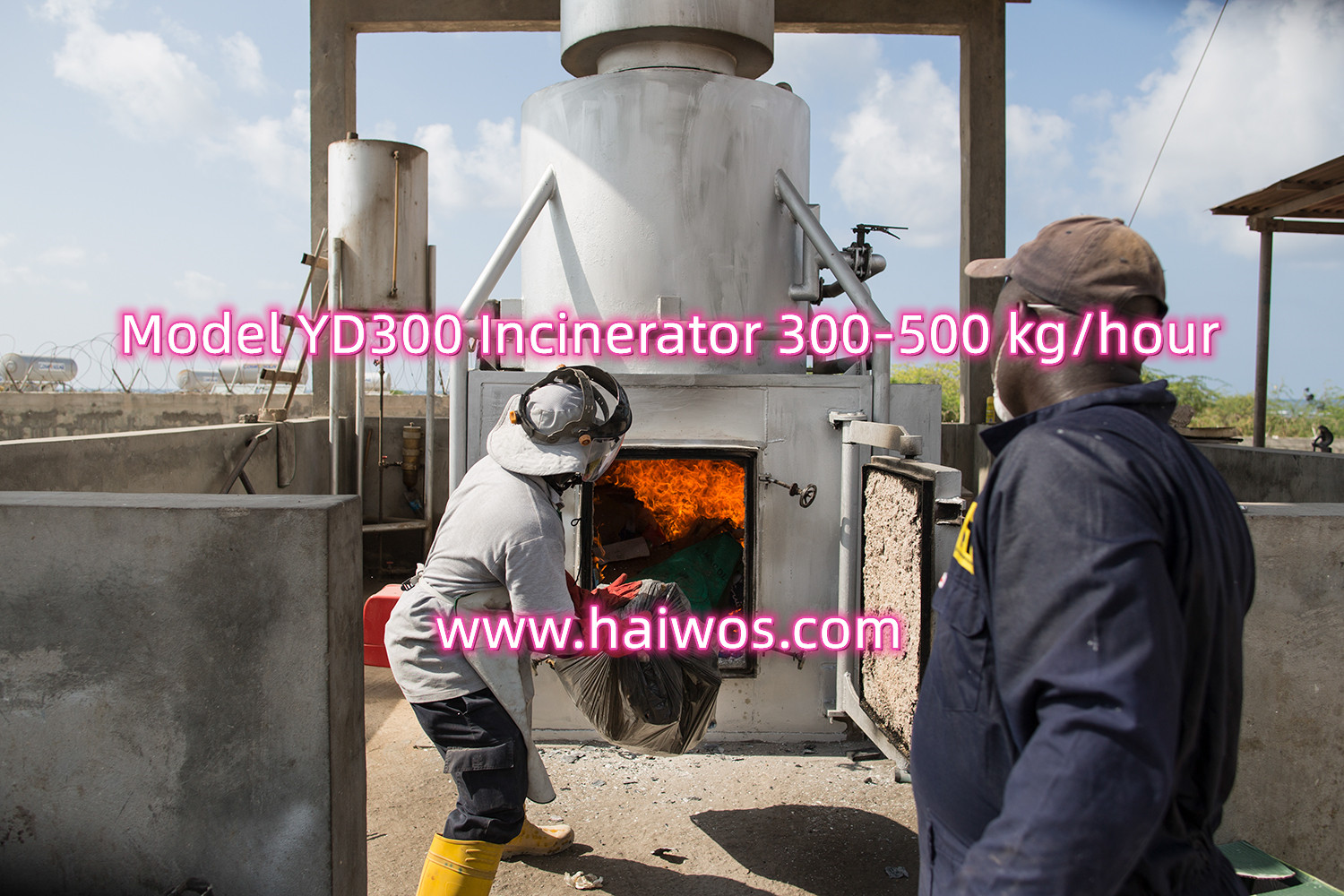Waste management has long been a challenge for cities and municipalities around the world. With growing populations and increasing consumerism, the amount of waste being generated is reaching unsustainable levels. Traditional methods of waste disposal, such as landfills, are becoming increasingly problematic due to their limited capacity and negative environmental impact. In response to these challenges, incinerators are revolutionizing waste management.
Incinerators, also known as waste-to-energy plants, are a sustainable and environmentally friendly solution to the growing waste management crisis. These facilities utilize advanced technology to burn solid waste at high temperatures, converting it into energy. This energy can then be used to generate electricity, heat buildings, or power industrial processes, reducing the reliance on fossil fuels and decreasing greenhouse gas emissions.
One of the primary benefits of incinerators is their ability to reduce the volume of waste. By burning solid waste, incinerators can significantly decrease the amount of material that needs to be sent to landfills, thereby extending the lifespan of these facilities and reducing the need for new ones. Additionally, the energy generated from incineration can be used to power homes and businesses, reducing the demand for electricity from traditional sources.
Furthermore, incinerators are an efficient way to manage waste, as they are able to handle a wide variety of materials, including plastics, paper, cardboard, and organic waste. This versatility makes them an ideal solution for urban areas, where space is limited and the amount of waste generated is high.
In addition to their waste reduction and energy generation capabilities, incinerators can also have positive impacts on air quality. Modern incinerators are equipped with advanced pollution control technologies that minimize the release of harmful emissions into the atmosphere. As a result, incinerators are able to meet strict environmental standards and operate in a sustainable manner.
Despite these benefits, incinerators have faced criticism from some environmentalists and community members who are concerned about potential air and water pollution. However, advances in incinerator technology have addressed many of these concerns, making them a viable and sustainable option for waste management.
In conclusion, incinerators are revolutionizing waste management by providing a sustainable and environmentally friendly solution to the growing waste crisis. By reducing the volume of waste, generating energy, and minimizing air pollution, incinerators are playing a crucial role in creating a more sustainable and efficient waste management system for the future. As cities and municipalities continue to grapple with the challenges of waste management, incinerators offer a promising solution for a cleaner, greener future.



